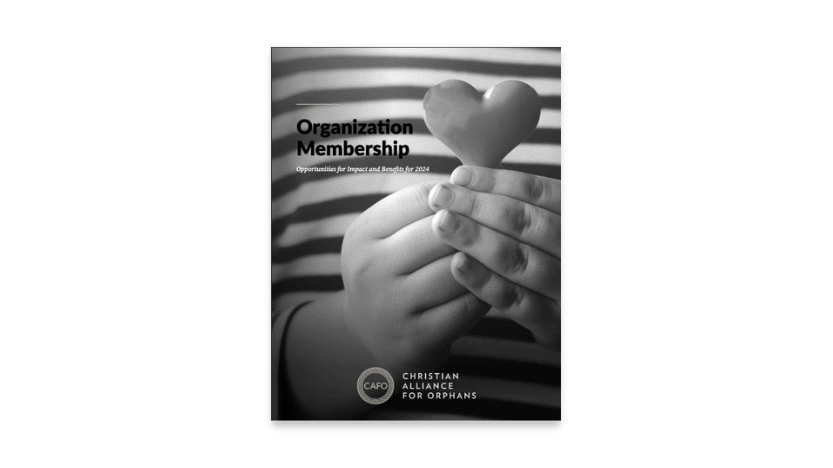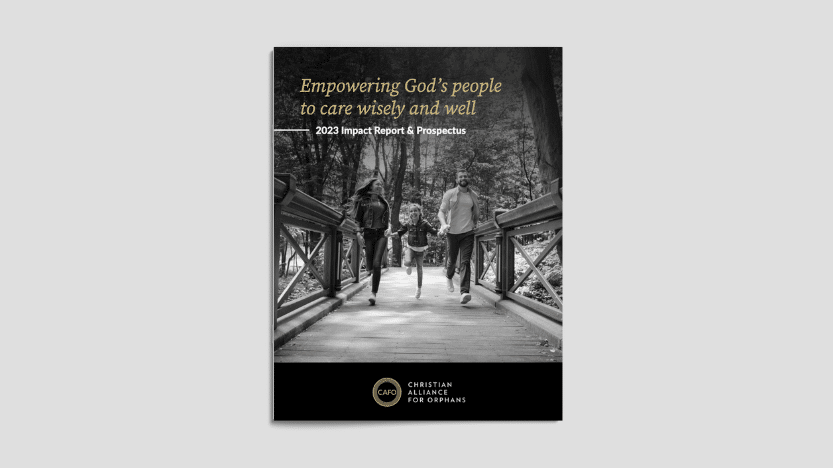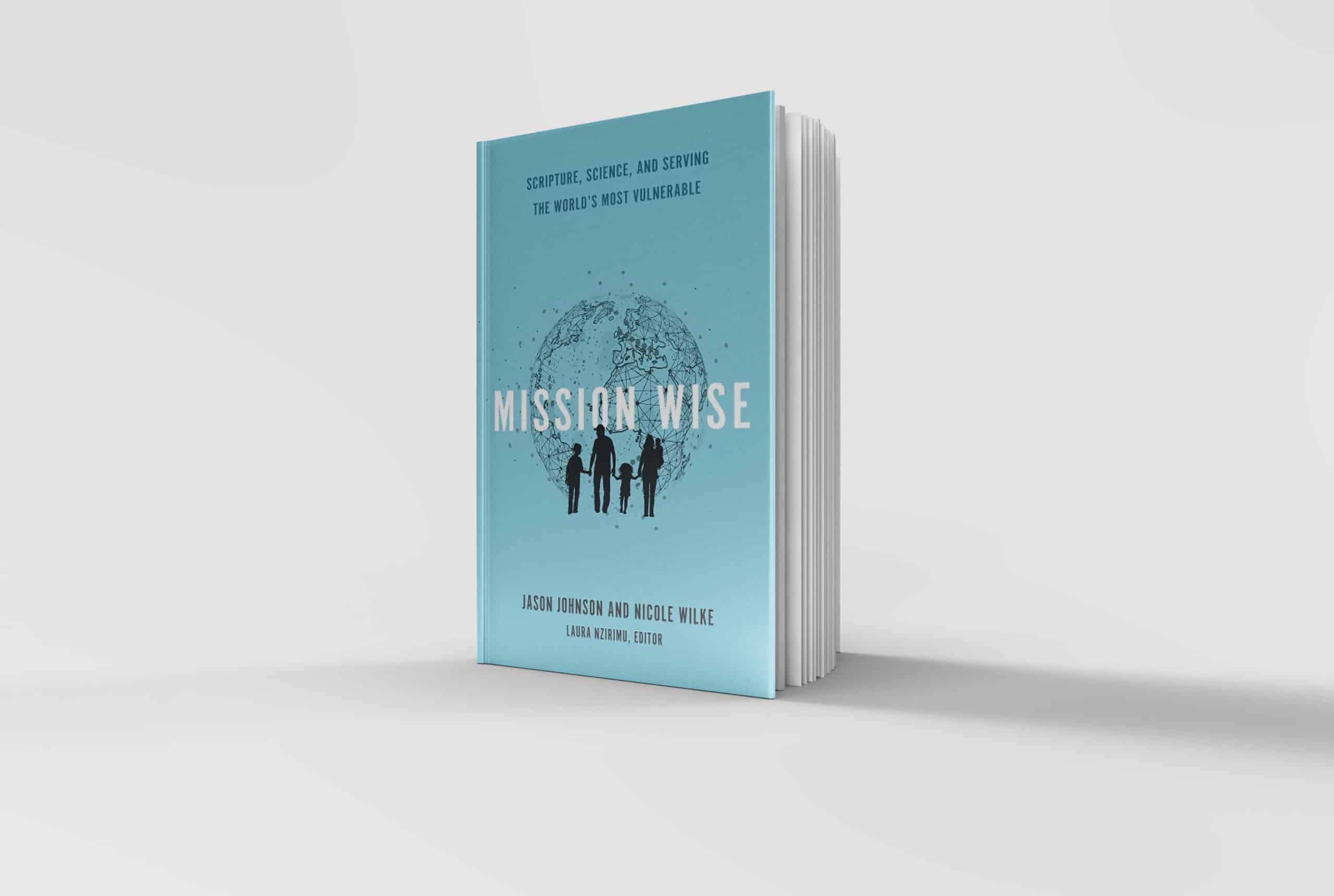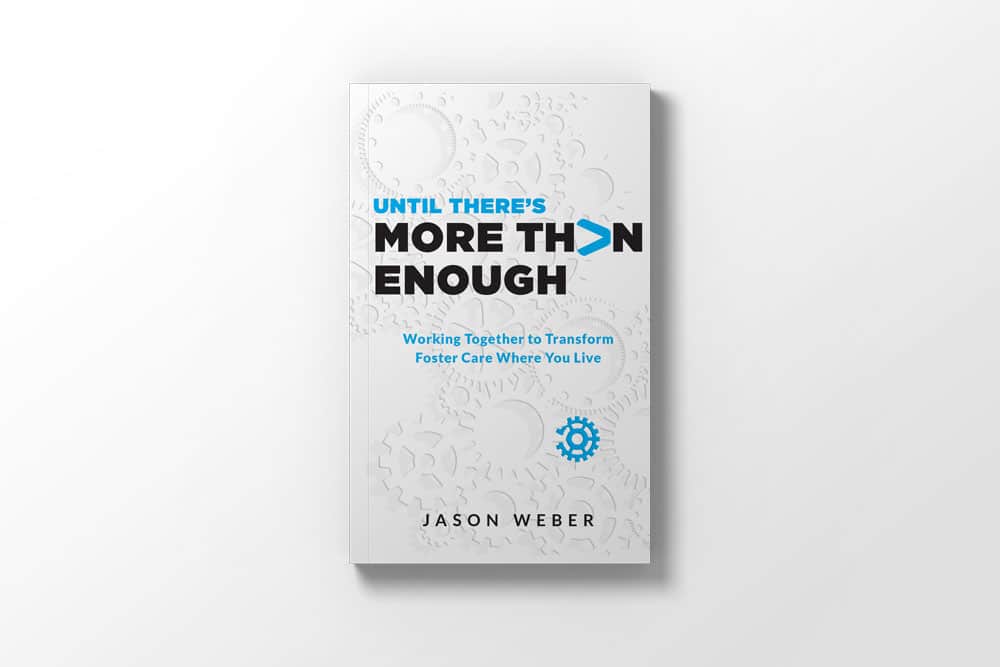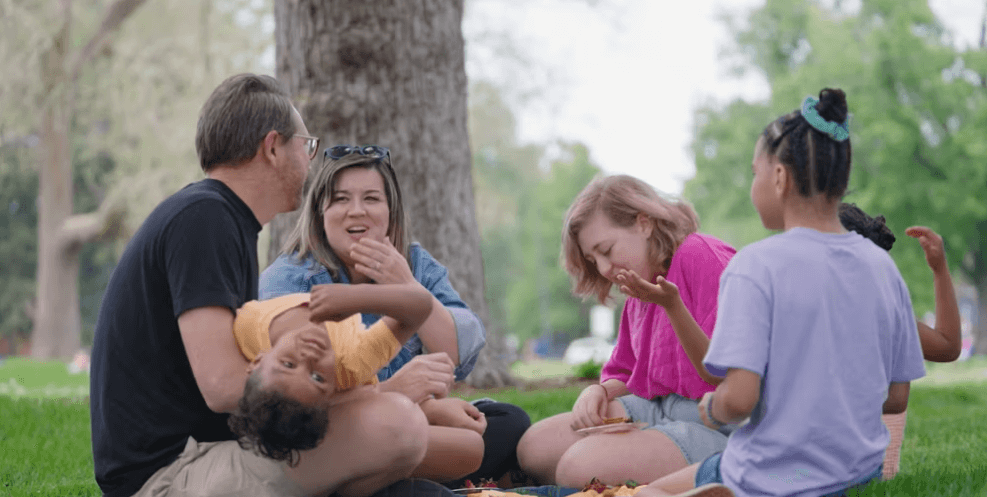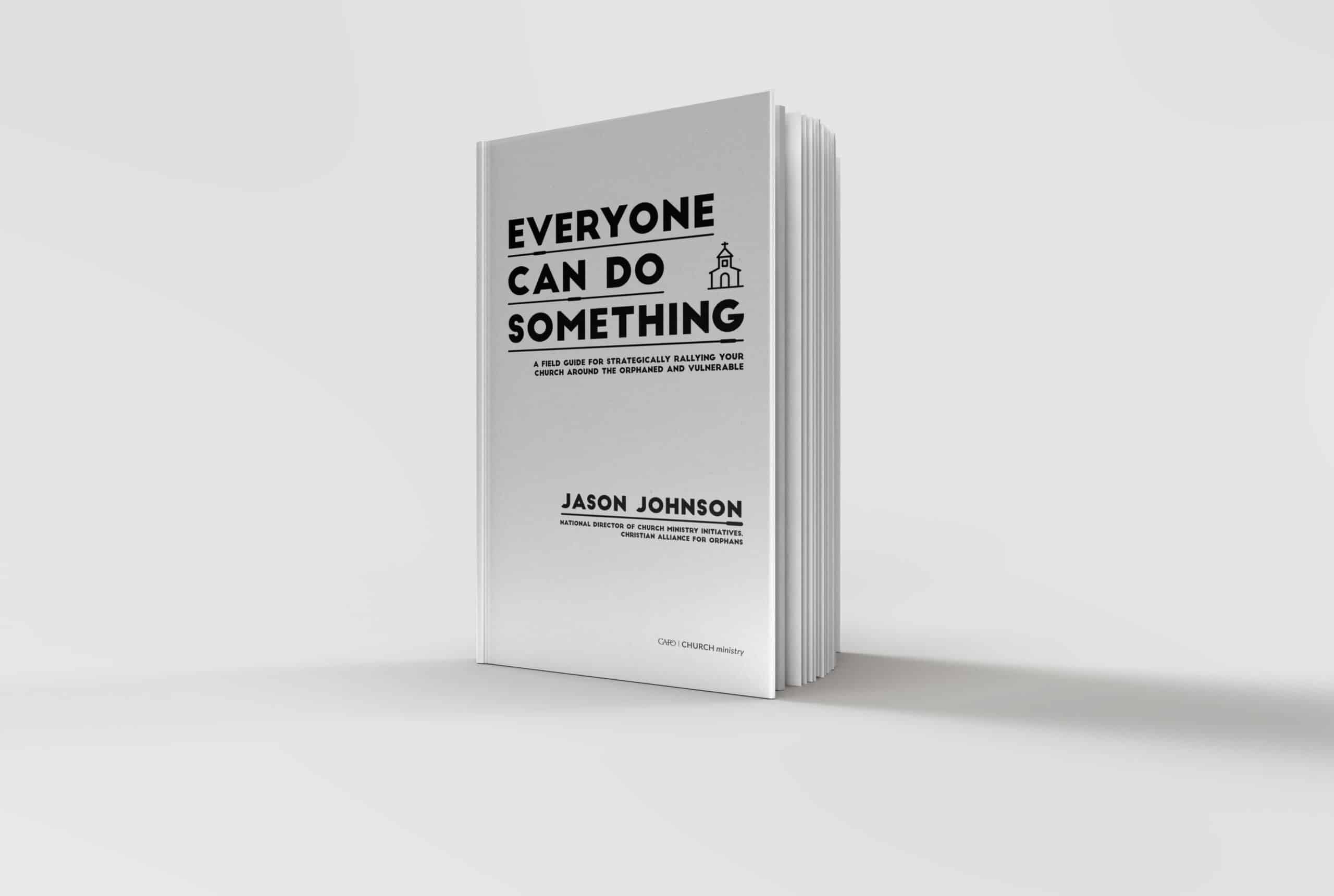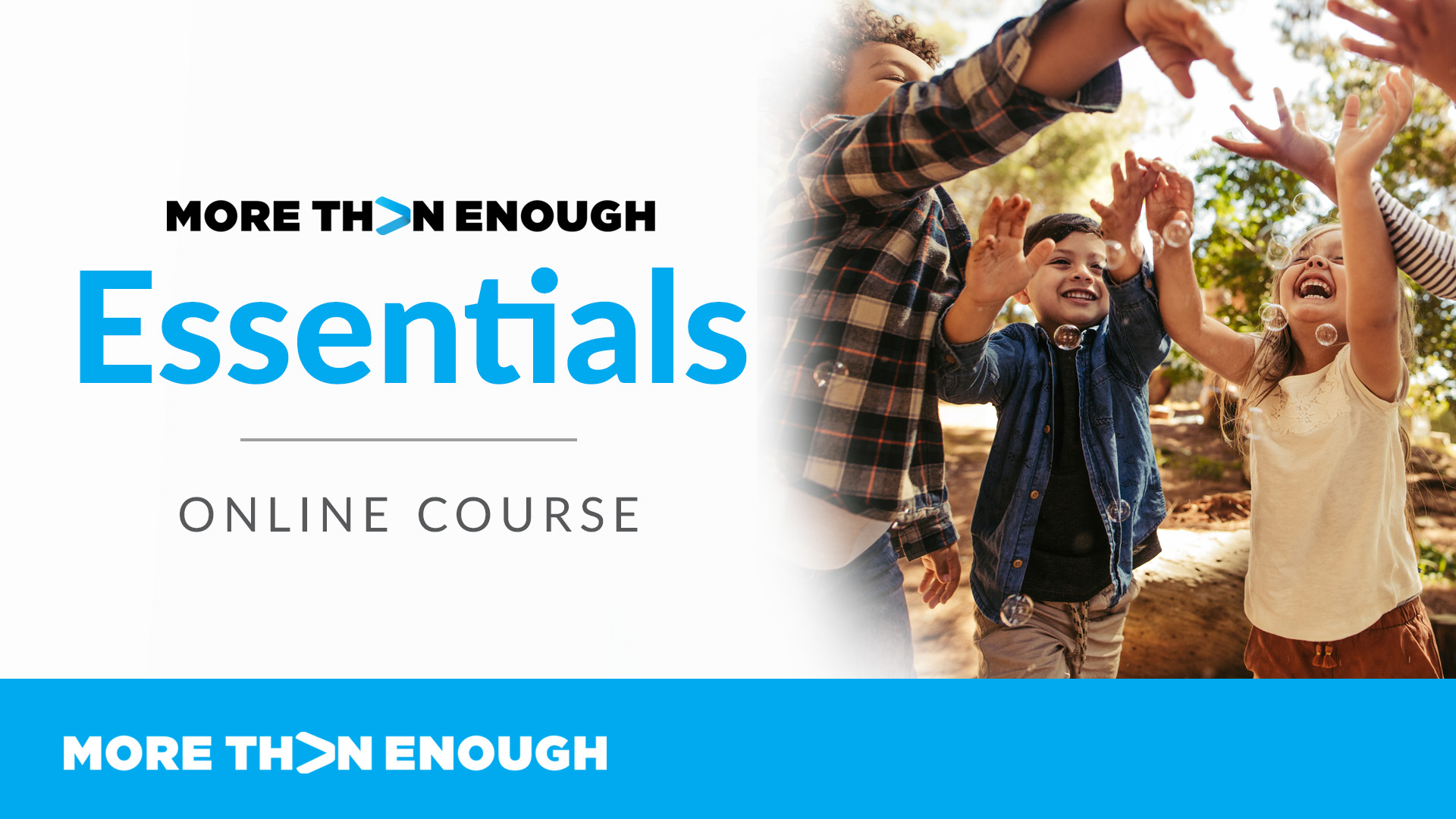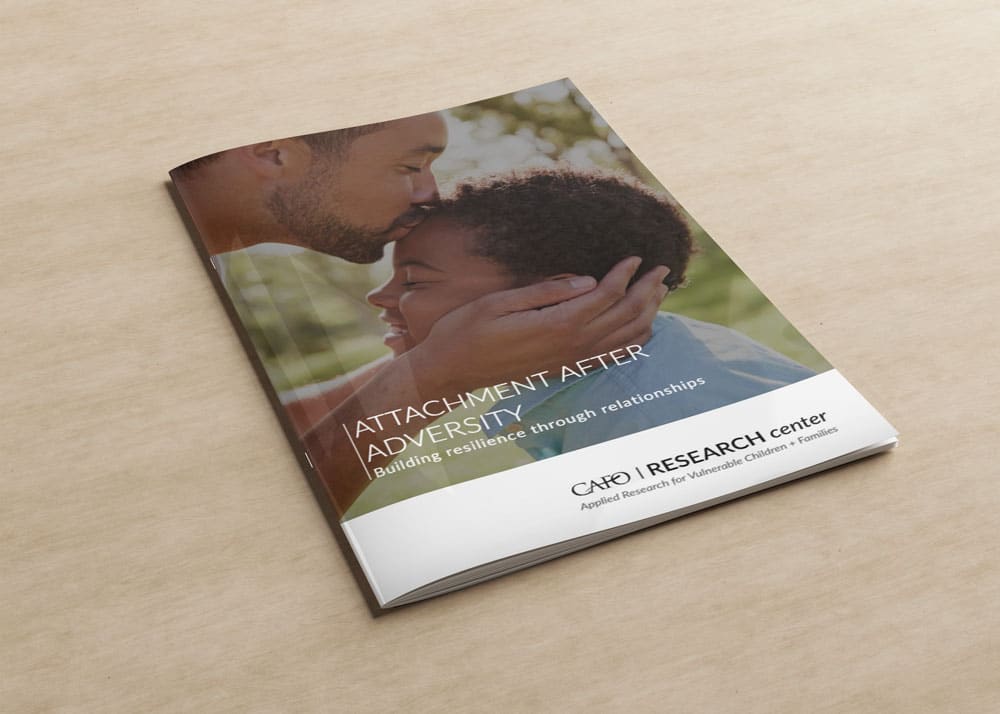Resource Library
2024 Organization Membership
2024 Organization Membership
Membership in CAFO not only benefits your organization – it’s also a chance to grow and guide a movement together. In 2024 there are many ways to be an active part of this community! Discover news ways your organization can get involved, build your team, lend your expertise and find community. As a CAFO member, … Read more
2023 CAFO Impact Report & Prospectus
2023 CAFO Impact Report & Prospectus
CAFO unites a growing movement in shared initiatives to inspire and equip God’s people to care effectively for vulnerable children and families, rooted always in Christian discipleship and the life of the local church. We celebrate what God has done in 2023 and want to invite you to participate in some of the most strategic … Read more
Spiritual Formation Calendar Experience
Spiritual Formation Calendar Experience
The Spiritual Formation Calendar Experience is designed to help leaders of organizations, churches or networks to lead a team through biblically-rooted practices of spiritual formation. Each month’s content includes a discussion of a key idea or practice, an exploratory exercise and a reflection guide for groups and teams to process experiences together. It is a simple format that leaders and teams can … Read more
See all resource detailsCAFO2023 Full Conference Download
CAFO2023 Full Conference Download
UNHURRIED: LIVING WITH THE LONG VIEWThe fruit of our labor often feels so small and incomplete, even as fresh needs rise before us every day. A deep sense of urgency can dominate us daily. Jesus faced all that we face and more, yet he never ever seemed hurried. He lived always with the long view … Read more
See all resource detailsMission Wise: Scripture, Science, and Serving the World’s Most Vulnerable
Mission Wise: Scripture, Science, and Serving the World’s Most Vulnerable
You want to engage with the work God is doing in the world. We want to help you do so with excellence when it comes to caring for vulnerable children and families. Mission Wise curates today’s best practices and principles to give you clarity and confidence to take the next step forward in your mission … Read more
See all resource detailsUntil There’s More Than Enough
Until There’s More Than Enough
The words “NOT ENOUGH” are heard every day inside of our nation’s foster care system . . . Not enough resources. Not enough support. Not enough families. But it doesn’t have to be that way where you live. If you were to find and effectively collaborate with the right people, your county could go from … Read more
See all resource detailsHuman Health & Gifts of the Christian Life
Human Health & Gifts of the Christian Life
Measures of mental health have dropped sharply in Western nations over the past decade, especially among youth. This era is marked by dis-integration, felt from the level of the individual soul to age-old institutions to the level of national and global affairs. Amid such fracturing, very ordinary Christian practices offer extraordinary gifts. They are graces — both … Read more
Wise Short-Term Missions: Principles and Practices to Benefit Vulnerable Children & Families
Wise Short-Term Missions: Principles and Practices to Benefit Vulnerable Children & Families
We participate in short-term missions because we want to positively impact the world around us. However, we can do more harm than good without a proper understanding of what is most effective. This is especially true when we seek to serve vulnerable children and families. This course is specifically designed for leaders in charge of … Read more
See all resource detailsWhen Communities Collaborate
When Communities Collaborate
What can happen when communities collaborate? Watch what foster care collaborators across the US had to say—and then share the films where you live with your logo and URL! The five- and one-minute films show how people working together can provide more than enough for children and families in foster care. You can get the films and start … Read more
Everyone Can Do Something
Everyone Can Do Something
Whether you are launching a new foster care, adoption or orphan care ministry or leading an existing one, Everyone Can Do Something is designed to rally your church around the care of the orphaned and vulnerable in strategic, effective and sustainable ways. You’ll discover the principles you need to take the next best steps for … Read more
See all resource detailsThe Better Together Vision Starter Guide
The Better Together Vision Starter Guide
The Better Together vision strives to see every child in a loving family, embraced within a collaborative community. Moving towards a vision of Better Together will reflect the specific challenges and opportunities facing your community. But rallying people around a shared vision of Better Together for vulnerable children and families is a crucial first step. The vision can serve … Read more
See all resource details2023 Pure Religion Project Field Guide
2023 Pure Religion Project Field Guide
Each year since 2004, the Church has celebrated God’s heart for orphaned and vulnerable children on the second Sunday in November. Your field guide to planning and preparing for your Orphan Sunday, Stand Sunday and Pure Religion Sunday events. You’ll find resources, stories, practical ideas and a sample rollout plan to help equip for the … Read more
See all resource detailsOrphaned & Vulnerable Children (OVC) Essentials On Demand
Orphaned & Vulnerable Children (OVC) Essentials On Demand
The OVC Essentials Course provides broadened and deepened knowledge of best practices and critical issues within ministry to vulnerable children and families. Alongside a stimulating community of learners, OVC Essentials supplies challenge where necessary and inspiration to continue in faithful service and learning. Non-profit staff and executives, foster and adoptive parents, interns, students and young … Read more
See all resource detailsCurrent Trauma Research: A Collaborative Review
Current Trauma Research: A Collaborative Review
For those interested in current developments in trauma-related research and how it may intersect with their day-to-day work, the CAFO Institute for Family-Centered Healing & Health has created this collaborative review working document of current trauma research. Trauma-informed care is an emerging and dynamic field. It is rich in opportunity for fresh exploration, discovery, application … Read more
More Than Enough Essentials
More Than Enough Essentials
The words “not enough” are heard every day inside of our nation’s foster care system: Not enough resources. Not enough support. Not enough families. But it doesn’t have to be that way where you live. You can work with others in your community to provide more than enough for children and families before, during, and beyond foster … Read more
See all resource detailsAttachment After Adversity: Building Resilience Through Relationship
Attachment After Adversity: Building Resilience Through Relationship
No matter a child’s history, there is always hope for improving well-being through positive, supportive relationships. Using research on adversity and attachment, this book examines what a history of adversity might look like, how it shapes a child’s expectations for what a relationship is, and how long-term nurture can successfully carry that child into adulthood.

